Deep Vein Thrombosis (DVT) Treatment in Aurangabad
- Cashless Procedure
- All insurance Accepted
- Mediclaim Assistance
- No cost EMI
- Painless Procedures
Book an Appointment
Our team will call you on your phone or WhatsApp with more information
Deep vein thrombosis (DVT) Treatment in Aurangabad
Deep Vein Thrombosis
DVT is a serious medical condition where a blood clot forms in a deep vein, usually in the legs. If left untreated, it can lead to pulmonary embolism, post-thrombotic syndrome, and even death. Dr Amol Lahoti, a vascular specialist in Aurangabad, offers personalized treatment for DVT, including anticoagulation therapy and minimally invasive procedures to remove the clot. Early diagnosis and timely treatment are crucial to prevent long-term complications and improve outcomes.
Causes of Deep Vein Thrombosis
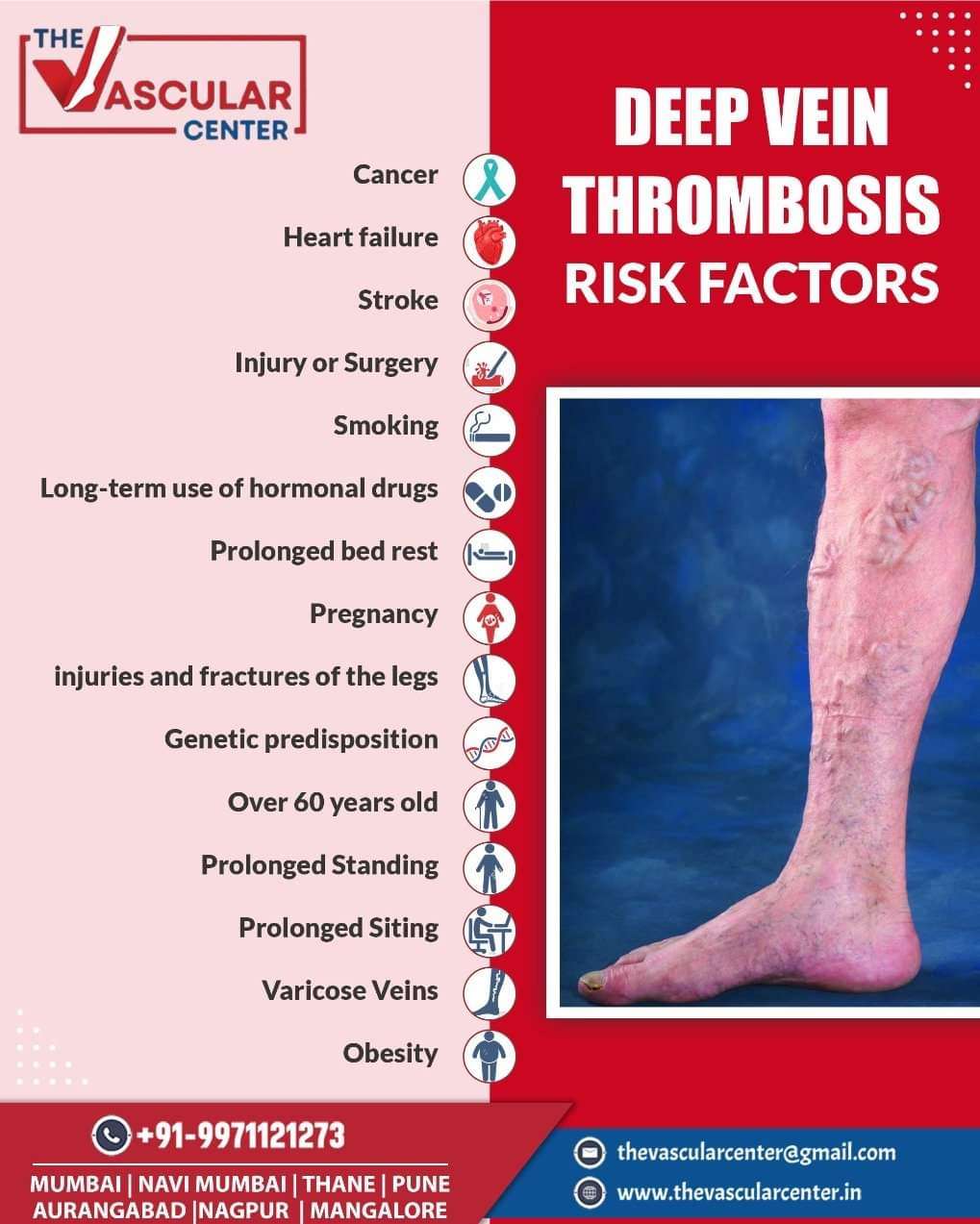
Causes of Deep Vein Thrombosis
The most common causes of DVT include:
- Prolonged immobility or inactivity, such as long periods of sitting or bed rest.
- Injury or trauma to a vein, such as from surgery, fractures, or other trauma.
- Cancer or cancer treatments can increase the risk of blood clots.
- Certain medical conditions affect blood clotting, such as inherited clotting disorders.
- Hormonal changes, such as those caused by pregnancy or the use of hormonal contraceptives.
- Obesity and other lifestyle factors, such as smoking, can increase the risk of blood clots.
- It's important to note that some people may be at higher risk for developing DVT due to a combination of these factors, and not everyone with these risk factors will develop DVT.
Symptoms of Deep Vein Thrombosis (DVT)
- Swelling in the affected leg, ankle, or foot
- Pain or tenderness in the affected area, which may feel like cramping or a pulled muscle
- Warmth or redness in the affected leg
- Enlarged veins that are visible just under the skin's surface
- In some cases, DVT can cause no symptoms, or symptoms can be mild, making it difficult to detect.
- However, if you experience any of these symptoms, it's important to seek medical attention right away, as DVT can lead to serious complications such as pulmonary embolism.


Treatment for Deep vein thrombosis (DVT)
- Anticoagulant medications
- Catheter-directed thrombolysis
- Mechanical thrombectomy
- Inferior vena cava (IVC) filter
Reasons why choose us
10+
Years of Experience
27/7
Customized Medical Services
1,000+
Surgeries successfully completed
2,000+
Happy Patients
Clinical Gallery
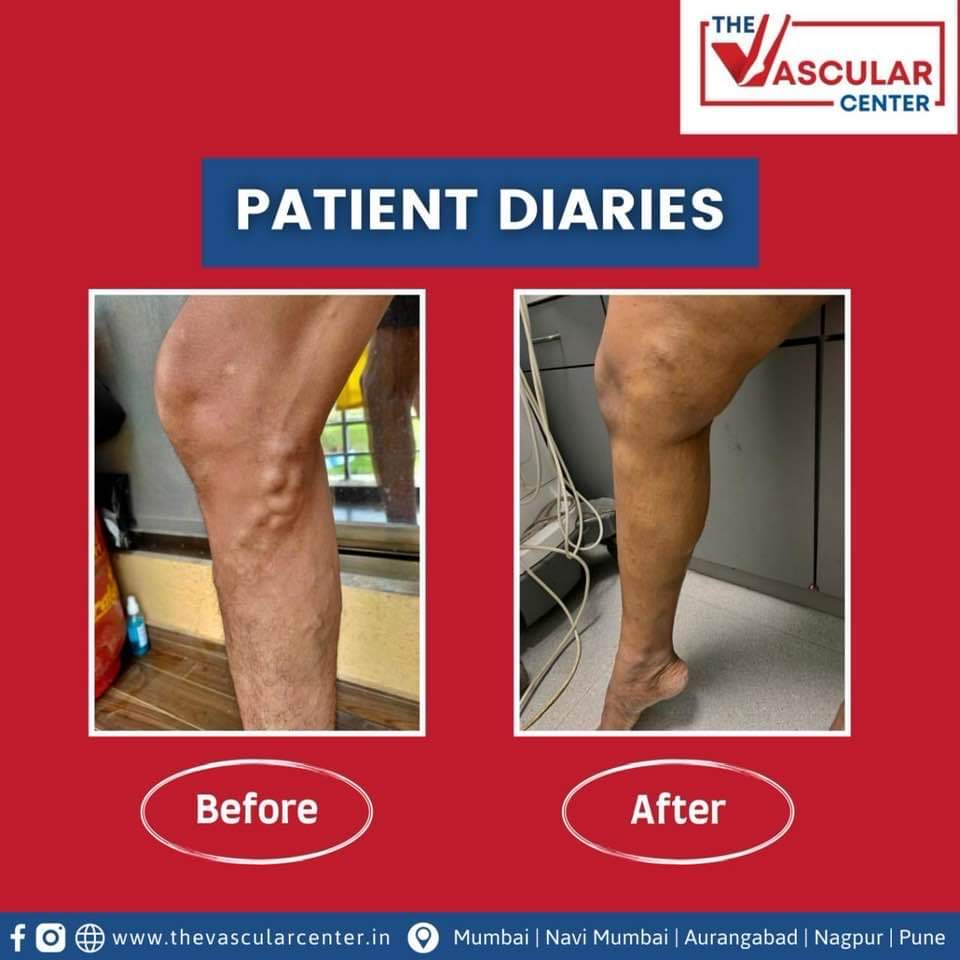
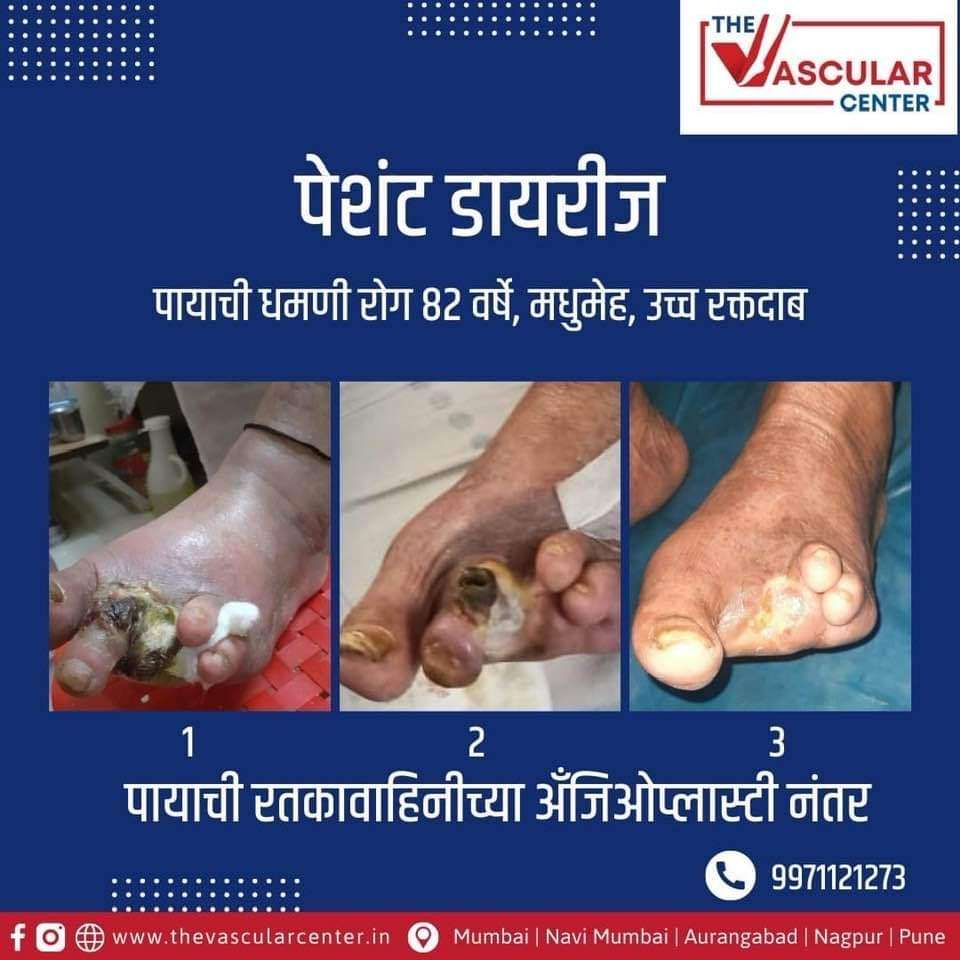
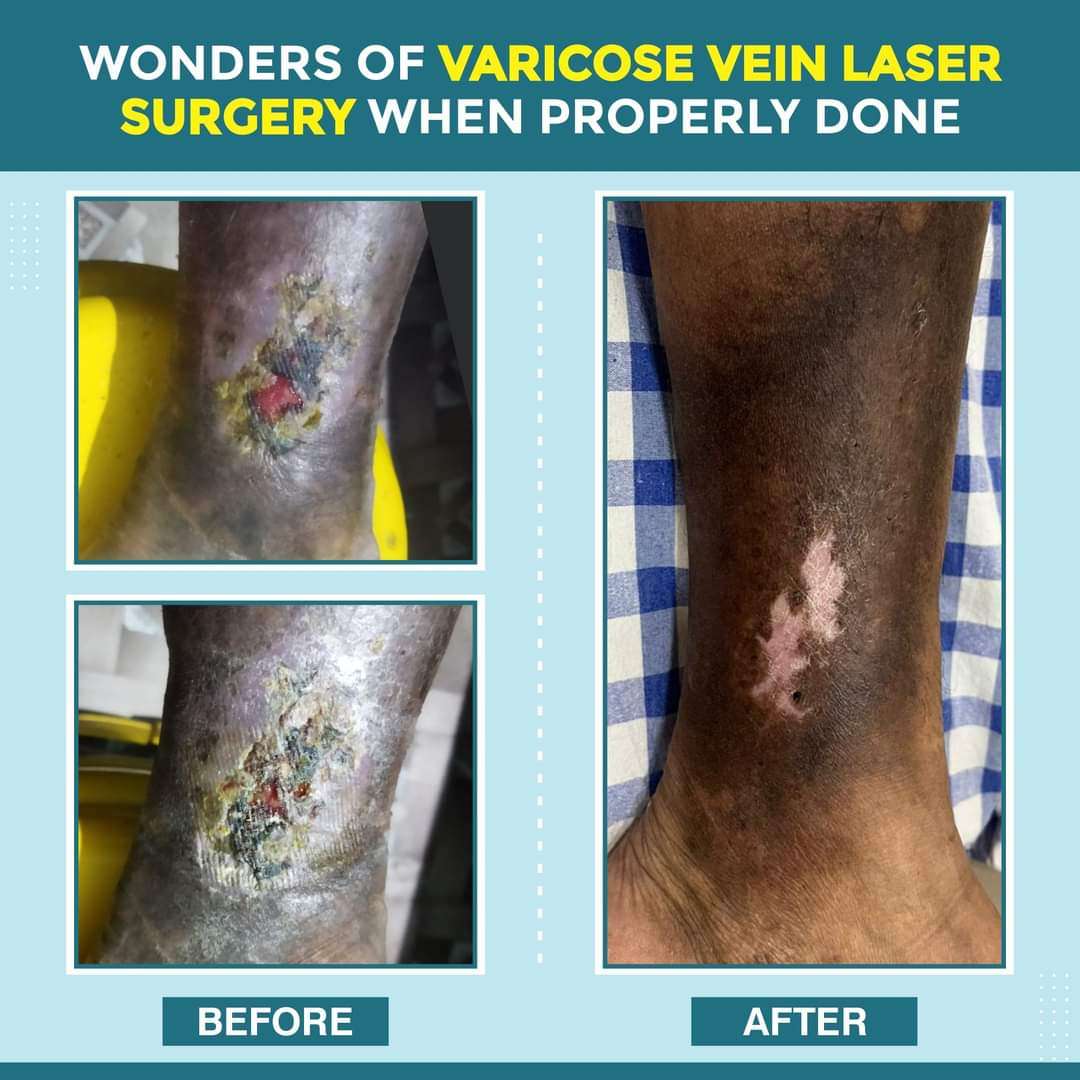
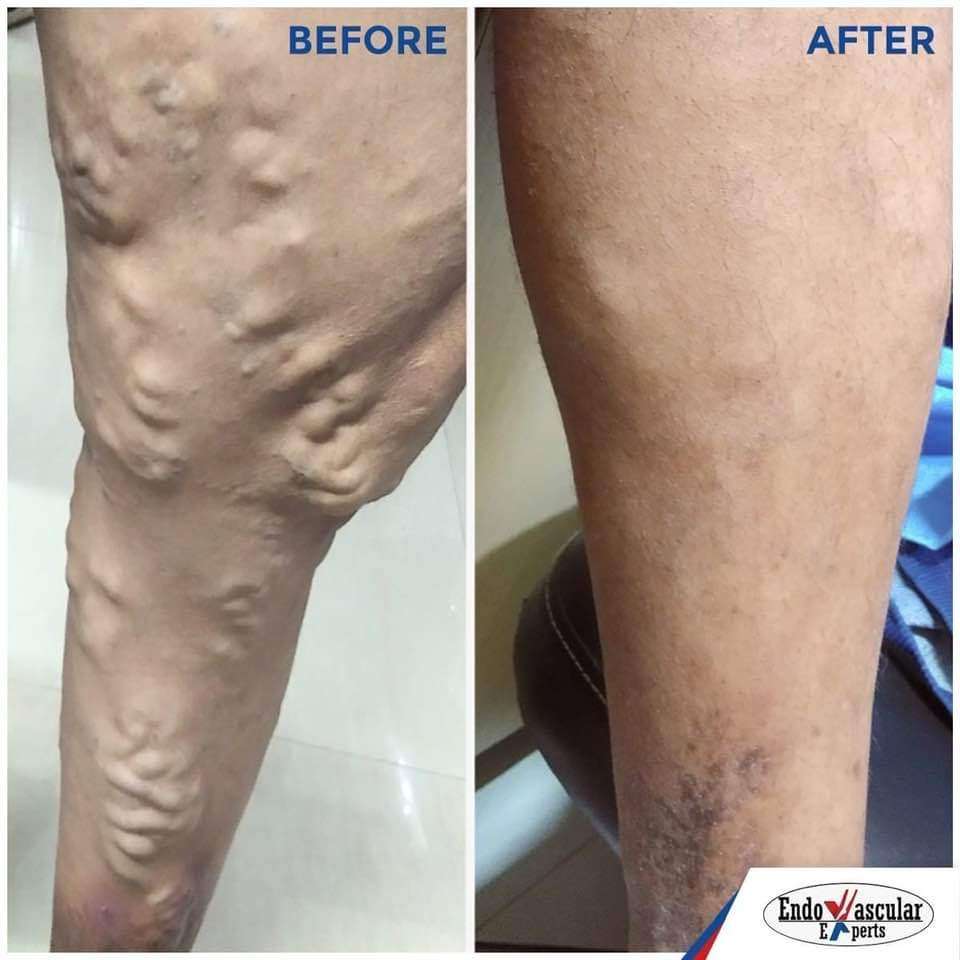
Media Coverage
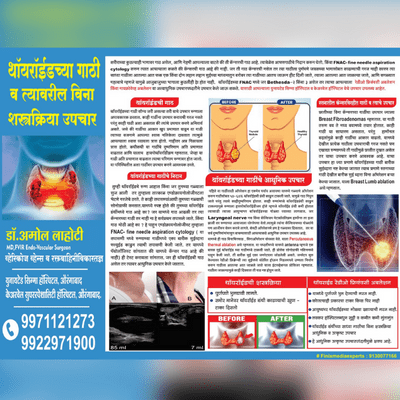
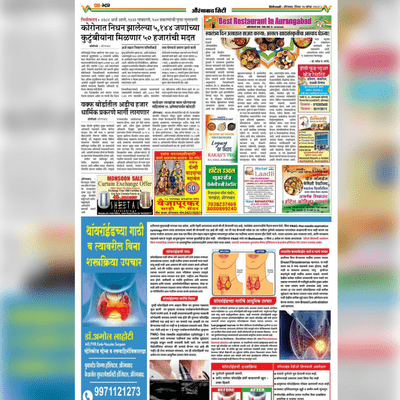
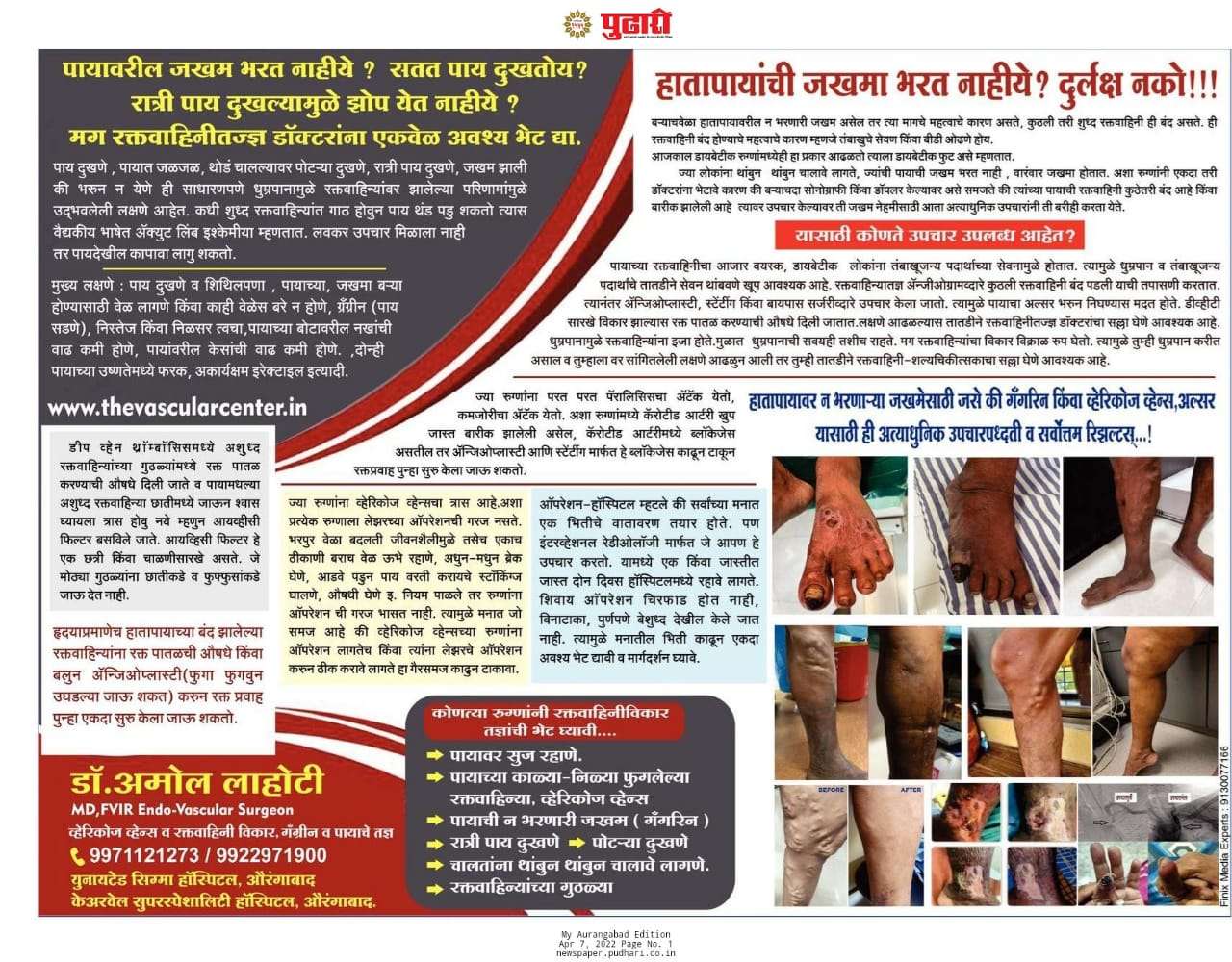
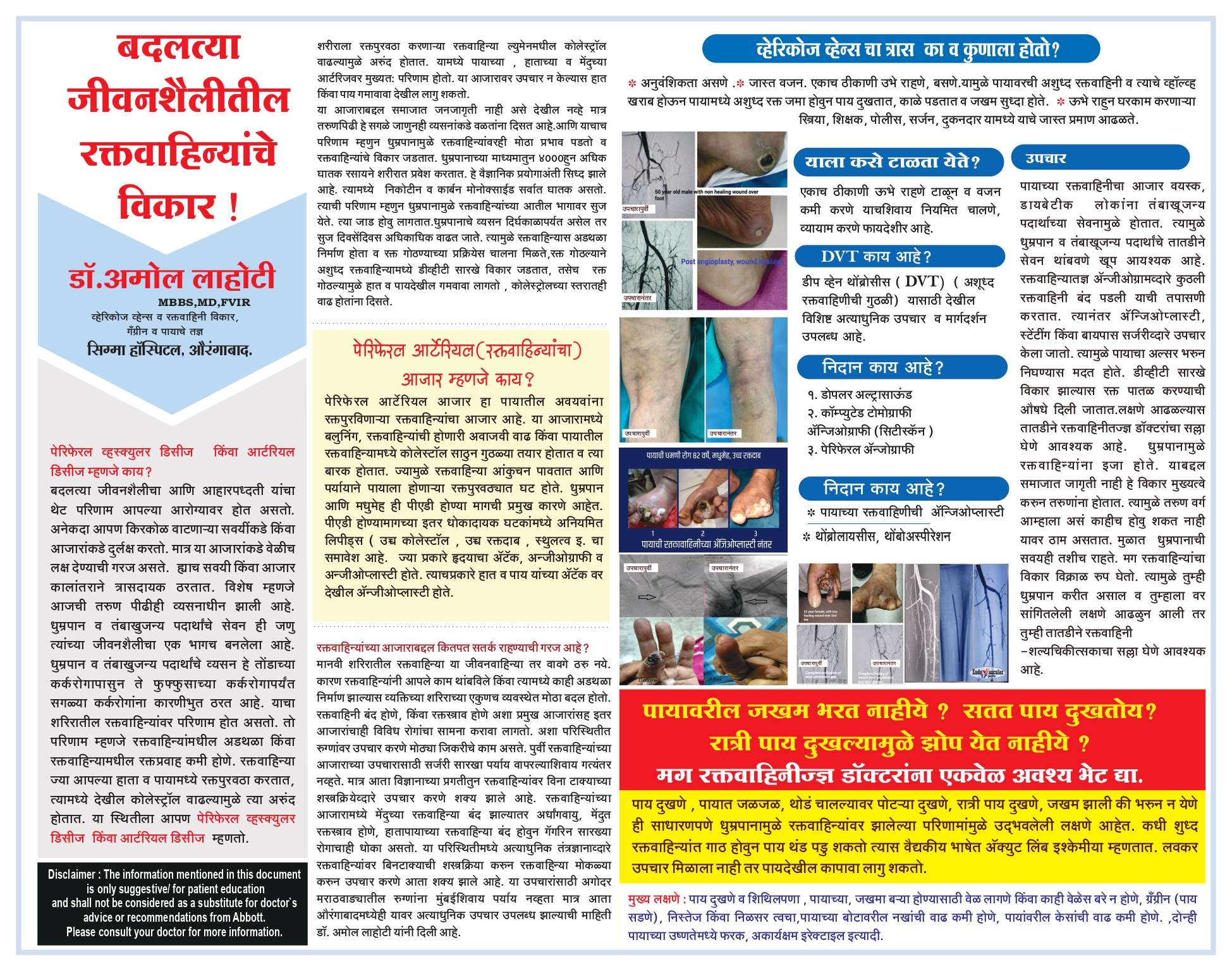
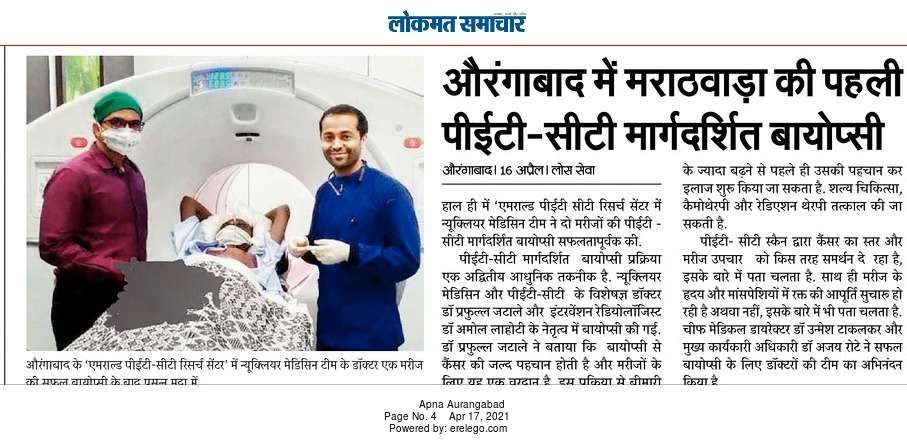
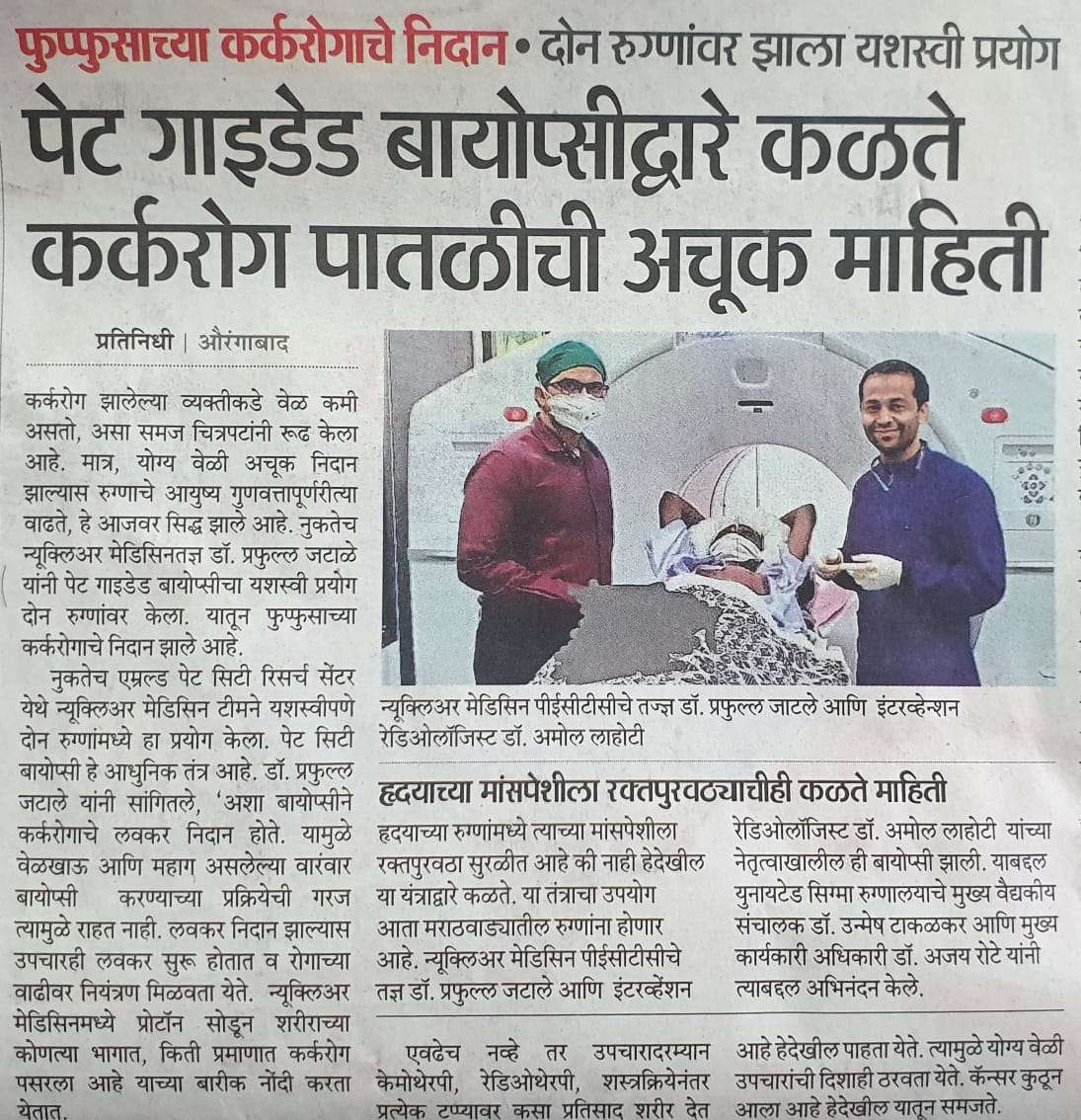
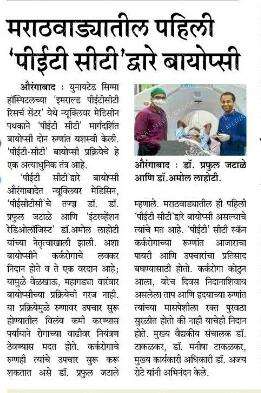


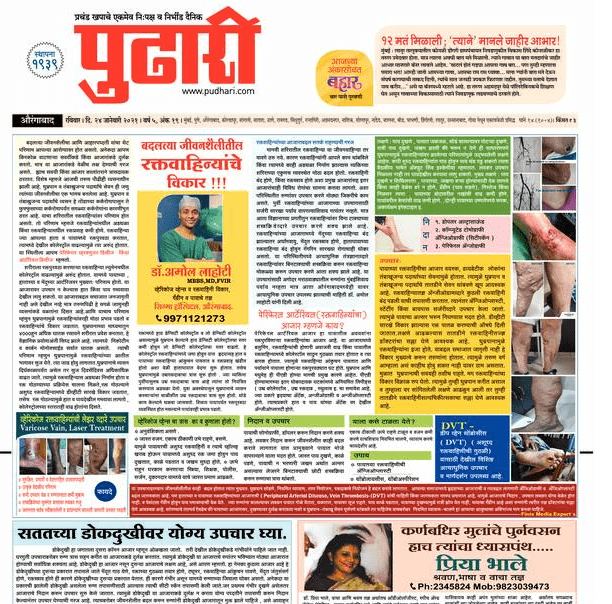
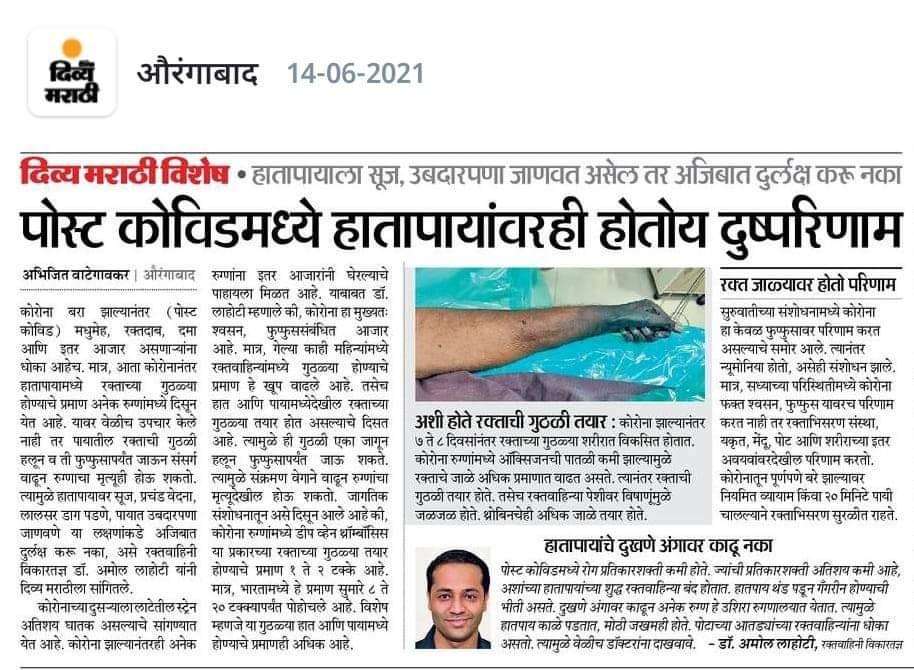
EXCELLENTTrustindex verifies that the original source of the review is Google. Excellent service got us for CVST sergeon Mr.amol lahoti sirPosted onTrustindex verifies that the original source of the review is Google. Good experience and results by vein specialist.. dr amol lahori is nice Varicose vein surgeonPosted onTrustindex verifies that the original source of the review is Google. Got very good treatment from the doctor Amol Lahoti for Vericos Vains. After three months of laser treatment am writing review. My legs are Feeling better now. He is specialist and having best knowledge of the disease. One can definitely consultant with the doctor. And one good thing is no extra or added expenses in treatment so everyone get economical treatment. I am strongly recommending Dr Amol Lahoti for Vericos Vains.Posted onTrustindex verifies that the original source of the review is Google. Very goodPosted onTrustindex verifies that the original source of the review is Google. सरजी आप से मुलाकात होने से पहले हम सब बहोत मायूस ,परेशान हो गये थे. की अब पैर काटना ही होगा जीन जीन से हम मिले उन्होंने ये ही कहा की कोई चान्स नही पैर काटना ही होगा हम सब के लिए ये बहोत बडी बात थी सर ये गया एक महीना ऐसा ही गया. फिर हमे आप का ऑनलाईन से आप का नाम मिला आप के व्हिडिओ देखे फिर ऐक आस जगी और आप से मुलाकात हुई आप से हुए वार्तालाप से बहोत सुकून मीला और भरोसा हुआ की अब कोई टेन्शन की बात नही की सर हे बहोत बहोत शुक्रीया सर
Contact Us Today
Don't let an overactive Deep vein thrombosis (DVT) hold you back any longer. Contact us today to schedule a consultation with Dr. Lahoti and start your journey to better health. We look forward to helping you feel like yourself again!
Frequently Asked Question (FAQs)
How long does DVT treatment last?
The duration of DVT treatment can vary depending on the individual case. In general, patients will need to take blood thinners for at least 3 to 6 months. However, some patients may need to continue taking blood thinners for a longer period of time.
Are there any lifestyle changes that can help manage DVT?
Yes, certain lifestyle changes can help manage DVT, such as exercising regularly, maintaining a healthy weight, avoiding smoking, and eating a healthy diet. It’s also important to avoid sitting or standing for long periods of time, as this can increase the risk of blood clots.
Can DVT come back after treatment?
Yes, it’s possible for DVT to come back after treatment. In some cases, patients may need to continue taking blood thinners for a longer period of time or make other lifestyle changes to help prevent the formation of new blood clots.
What should I do if I suspect I have DVT?
If you suspect you have DVT, it’s important to seek medical attention right away. Your healthcare provider can perform diagnostic tests to confirm the diagnosis and develop a treatment plan that’s right for you.
Can DVT be cured completely?
In most cases, DVT can be effectively treated with anticoagulant medications and other therapies. However, it’s possible for some patients to experience long-term complications or have a higher risk of developing new blood clots in the future.
Videos By Dr. Amol Lahoti
Book Free Consultation
Our team will call you on your phone or WhatsApp with more information
